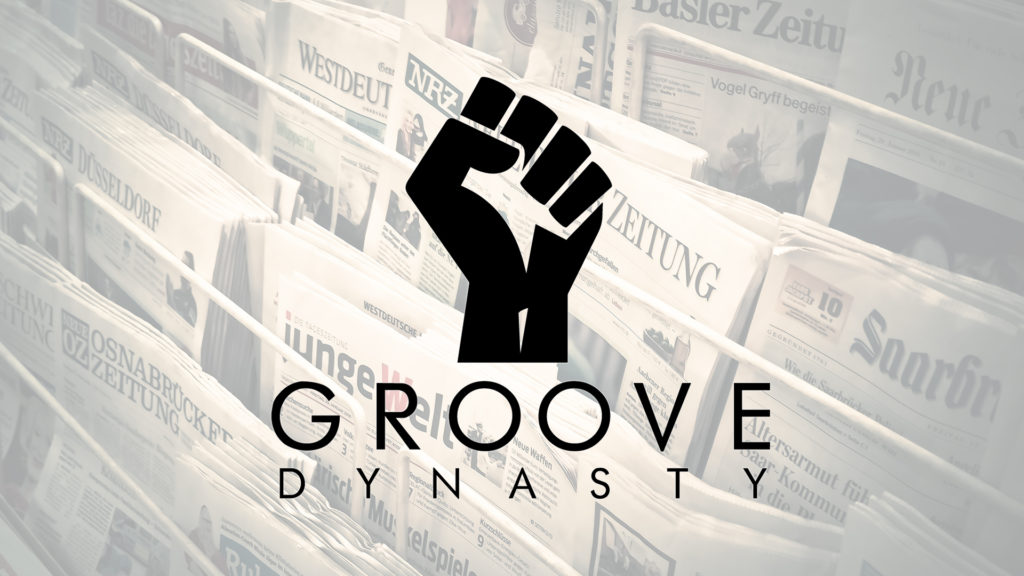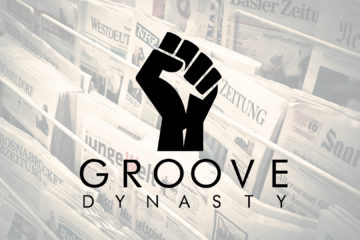
CHINA // INDUSTRY NEWS
// THE IMPENDING BAN ON TIKTOK/TENCENT
Let me keep this part short – despite its coverage, this seems to me more like politicians pissing on each other than actual news, and I doubt it will have any real affect on the music industry or business at large. Details on exactly what’s happening are still nonexistent, but it felt silly not to mention it here.
Further Reading:
MBW // Donald Trump’s Ban … Appears to get Universal, Warner Off The Hook
// STREAMING GROWTH IN CHINA
On a much brighter note, anecdotally I’ve heard from people across the board that streams are UP in 2020, especially during covid times. Chinese fans are listening to more music, watching more video, and generally increasing screen time and usage. NetEase reported on an earnings call this month that their revenues are also up in Q2 of this year. Though not listed in the call, NetEase and Tencent are both making a big push in recent months to get users to pay for their subscription service, currently priced at 8 or 13 RMB ($1-2) per month depending on your package, by putting paywalls up for many songs on the platform. Users don’t seem to mind, and although China’s paying user percentage is much smaller than Spotify or others, I expect these numbers to rise, as well as the subscription price for apps, in coming months. Music Ally is also reporting that the number of paying subscribers in China has doubled in the last two years, an undeniable trend.
Further Reading:
Music Ally // NetEase Cloud Music saw ‘triple-digit revenue growth’ in Q2
MBW // Universal to pay-gate music in China as part of new Tencent Music deal
Music Ally // Tencent Music now has 47.1m paying online-music users
// CHINESE STREAMING PLATFORMS LEAN TOWARDS MUSIC, CONSIDER MERGER
In more “things are generally good in China” news, live streaming continues to rise. I wrote on the GD blog last month about some post-covid trends for China, one being the monetization of streaming platforms. While Chinese artists have mostly returned to the nightclub in China, foreigners are still banned from entering the country, leaving streaming video as the only way to do live performances.
Douyin (Chinese TikTok) continues to attract high-profile users in the music world for their short video platform and live stream functions. Weibo had a digital festival for their YiZhiBo live stream app in August featuring artists (including some GD clients) like Vicetone, Blasterjaxx, Lost Frequencies, Nicky Romero, and others. Huya, for those who haven’t heard of it, is a fantastic platform which also has regular music live streams in addition to gamers and other content. We’ve begun to hear murmurs of a merger between them and another app DouYu which is heavily game-focused, which would be a massive network, as each platform has over 150M monthly active users.
Further Reading:
Groove Dynasty // Digital China in a Post-Covid World
DouYu // DouYu Announces … Preliminary … Strategic Combination of DouYu and Huya
// ZARA LARSSON CRITICIZES CHINA, GETS BANNED
Want to know how to get a bunch of negative comments on your music pages in China?
Following in the footsteps of electronic music artists Zedd and VINAI, who had public missteps regarding China last year, and countless others over the years, Zara Larsson has proved once again that going face-to-face with the Chinese government, or painting the country in a negative light, can swing public opinion very quickly against you, and possibly get you or your content banned in China. After the end of an endorsement contract with Huawei, she said publicly, “is not a nice state”, among other things I won’t write here. Zara was quickly a trending topic on platforms like Weibo, and her music pages were flooded with bad comments. Apple Music even went as far as removing her music from their local app. Everyone is entitled to their opinion, but the lesson here is if you want to be active in the country, and enjoy it’s fruits, you have to play by their rules.
Further Reading:
VICE // Zara Larsson Speaks Out Against China
MBW // Zara Larsson Music Pulled From Apple Music China
// KOL MARKETING TRENDS IN CHINA FOR 2020
KOLs or ‘Key Opinion Leaders’ are China’s influencers, and they have massive sway in the worlds of fashion, entertainment, and sales of any product you can think of. We at Groove Dynasty carefully but frequently use KOLs to help amplify messages of artists we work with, post about upcoming material, sell merch, and more. Though the article below is a bit old, this guide from WeChat Agency outlines well some of the trends going on in the country and how people are getting on board. As always, things are not always as great as they seem, as outlined in the next report which exposes fake views and clicks. No campaign involving KOLs is complete without some source checking and due diligence.
Further Reading:
WeChat Agency // 5 KOL Marketing Trends in China for 2020
Music Ally // Viral post exposes fake-data problem in China’s KOL advertising
If you enjoyed this newsletter, please consider sending to a friend or colleague!

0 Comments